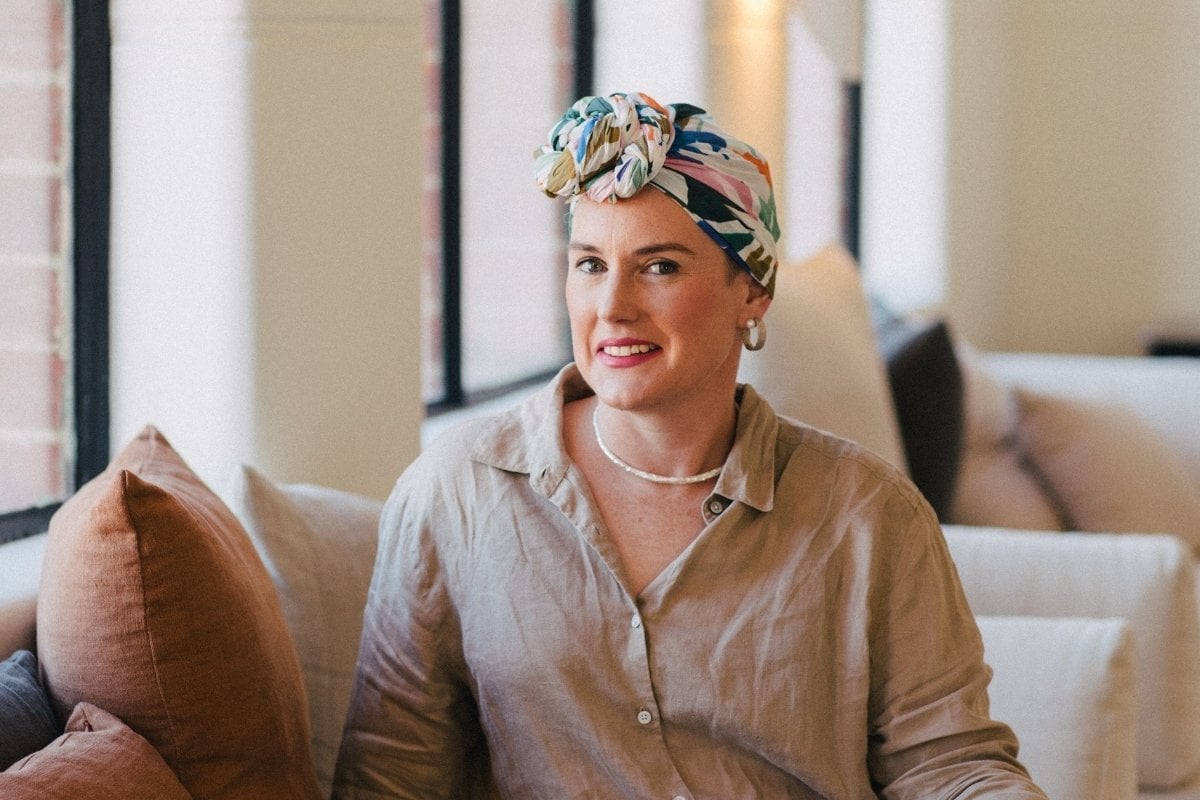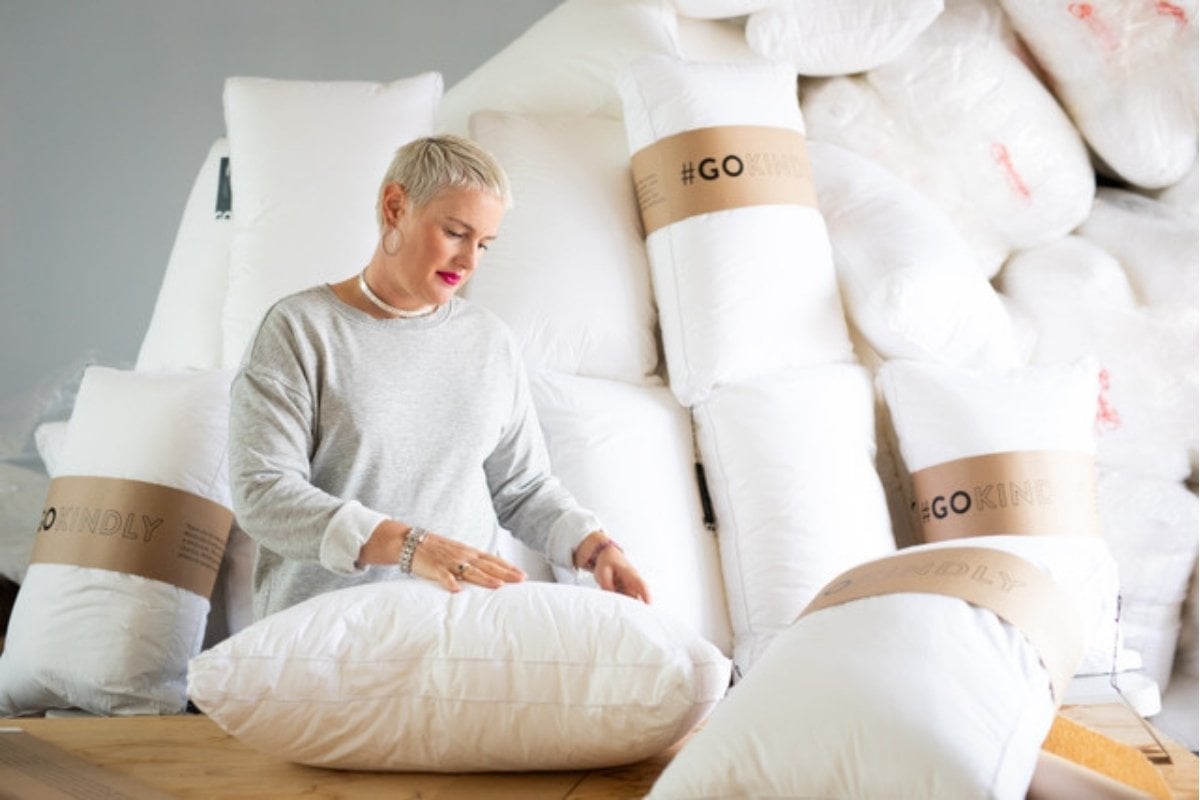
As a child, Laura McConnell Conti was raised not to trust outsiders.
Even at school, she knew to keep to herself, not to play with or dress like the other children in her western NSW farming town. She'd been convinced that, no matter how kind or good they seemed, they would only attempt to 'put the devil' into her heart.
Laura had little in common with her classmates, anyway. She didn't listen to music or watch television. She didn't read magazines or dance or play sport. All of that was forbidden.
"I didn't even really care at the time. I believed, like my community, that these things are put [in front of you] to be a temptation, and that you mustn't give into them," she told Mamamia. "That suffering is your way."
Laura's world was instead confined to her extended family and the fundamentalist Christian sect to which they belonged.
The Truth: "My family lived very complex double lives."
This sect doesn't have a sole leader, or headquarters. It doesn't even have a name. It's often referred to as 'The Truth' or 'Two By Twos' or 'Friends and Workers' by members, who are numbered in the hundreds of thousands, primarily across Australia, Europe and the United States.
Laura's family had been part of the sect for at least four generations.
"My particular branch of the group has quite a large following in regional Australia, because they can operate fairly autonomously. They can run their own businesses, their own farms, and not really come into contact too much with mainstream society," she said.
Laura and other former members have described the sect's teachings as being based on interpretation of particular sections of the Bible. There are reportedly clear expectations about dress and behaviour. There is, for example, said to be a preoccupation with female modesty that sees women made to wear floor-length dresses and banned from having short hair.



Top Comments